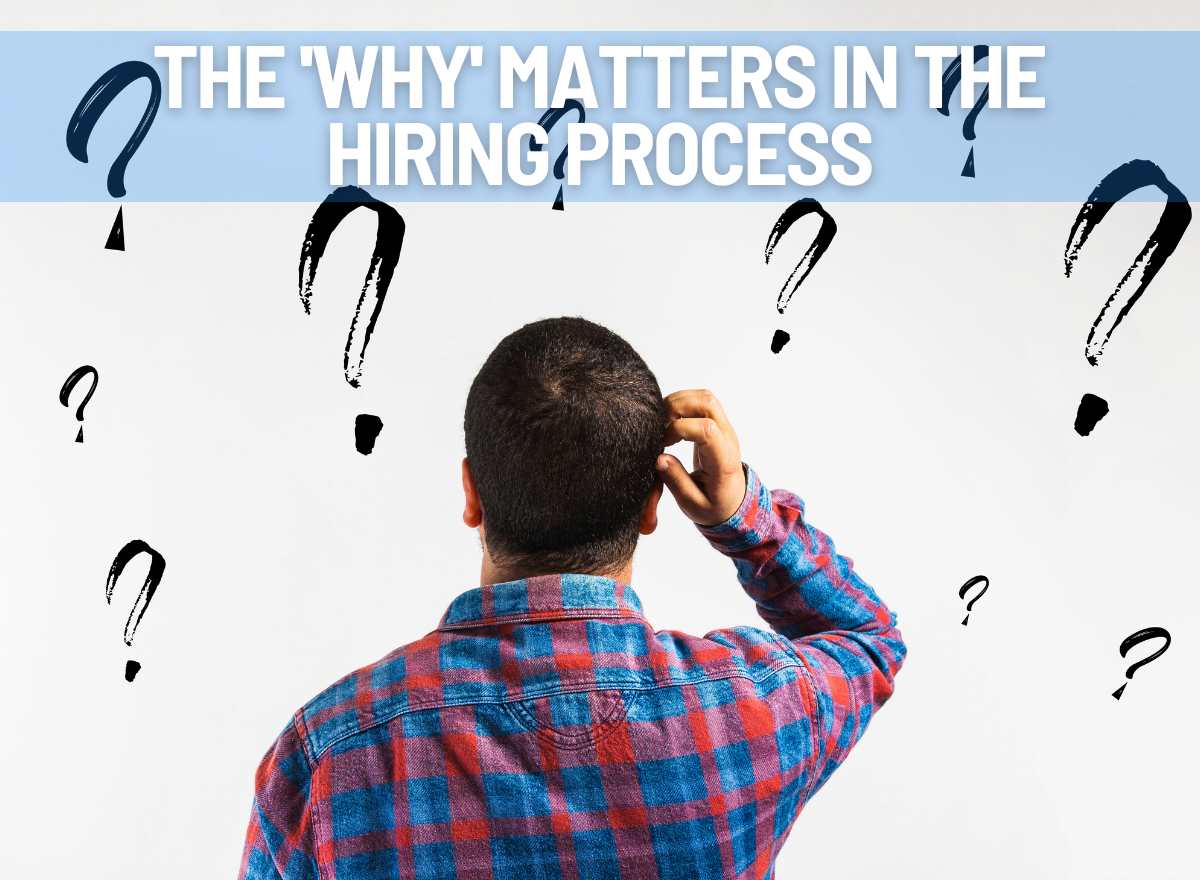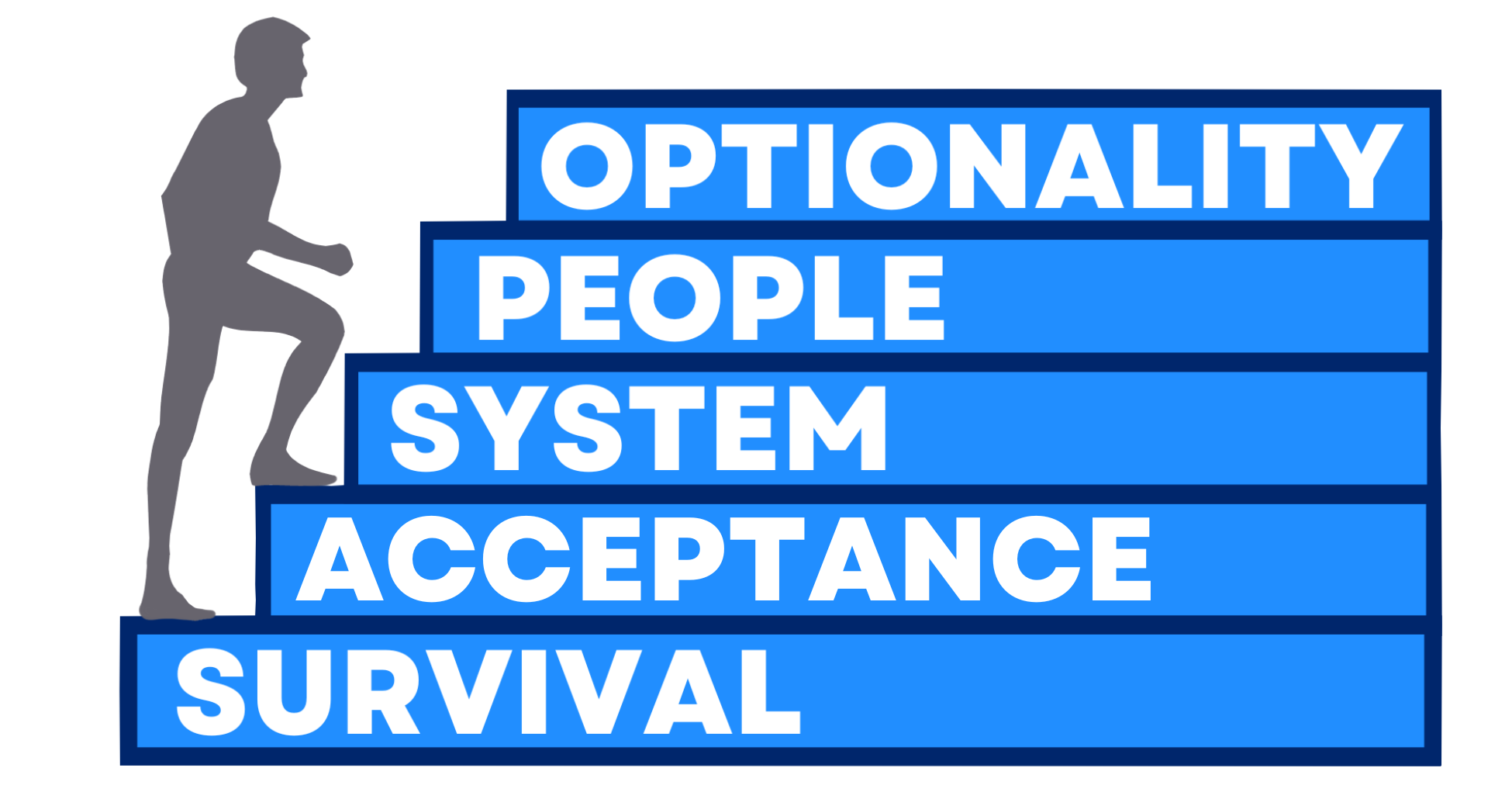The ‘Why’ Matters in the Hiring Process

Hiring managers have a big responsibility to pick the right people for their companies. It might seem simple to ask a bunch of questions and judge the candidates based on their answers, but there’s usually a lot more going on beneath the surface.
When hiring managers do interviews, they usually have a set of questions to figure out if a candidate is qualified and a good fit for the job. Such questions usually cover things like the candidate’s experience, accomplishments, strengths, weaknesses, and their past jobs.
These questions give some good info, but it’s also important to think about why we’re asking them.
Take the question, “Why did you leave your last job?” It might seem like we just want a straightforward answer, but the candidate’s response can tell us a lot about their work ethic, how they get along with others, and what they want in their career.
Did they leave because they wanted new challenges?
Did they have problems with their coworkers or bosses?
Or were they unhappy with the company’s culture?
Understanding why a candidate made certain career choices gives us a deeper understanding of their motivations, values, and long-term goals.
Likewise, asking about a candidate’s accomplishments goes beyond just bragging.
When candidates talk about what they’ve achieved, it helps us see if they can solve problems, take initiative, and get results. Knowing the “why” behind their accomplishments shows us how resourceful, determined, and impactful they were in their previous roles.
It’s not just about knowing who a candidate worked with in their past jobs. When candidates tell us about their experiences working with others, it shows us how they communicate, work in a team, and adapt to different situations.
Understanding how they got along with their old boss tells us if they can handle authority, take feedback well, and collaborate effectively.
The “why” in these cases uncovers the candidate’s interpersonal skills, which are really important in a team-based environment.
The key is effective probing to dig deeper.
Once the candidate responds, it’s up to you to use open-ended questions to pull out more evidence and get to the “why”.
The deeper you get, the better insights you can gather so you can make better selection decisions.





